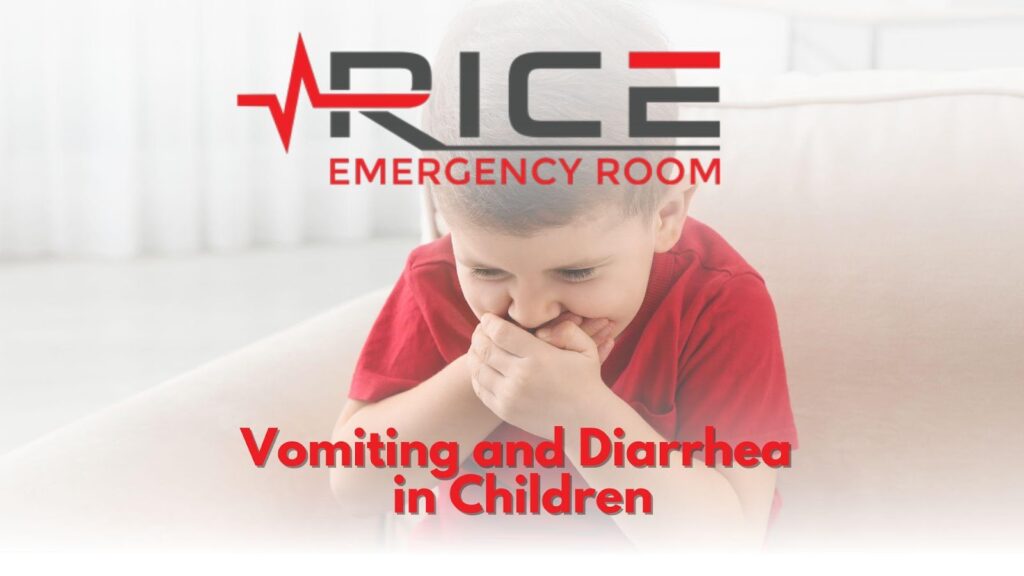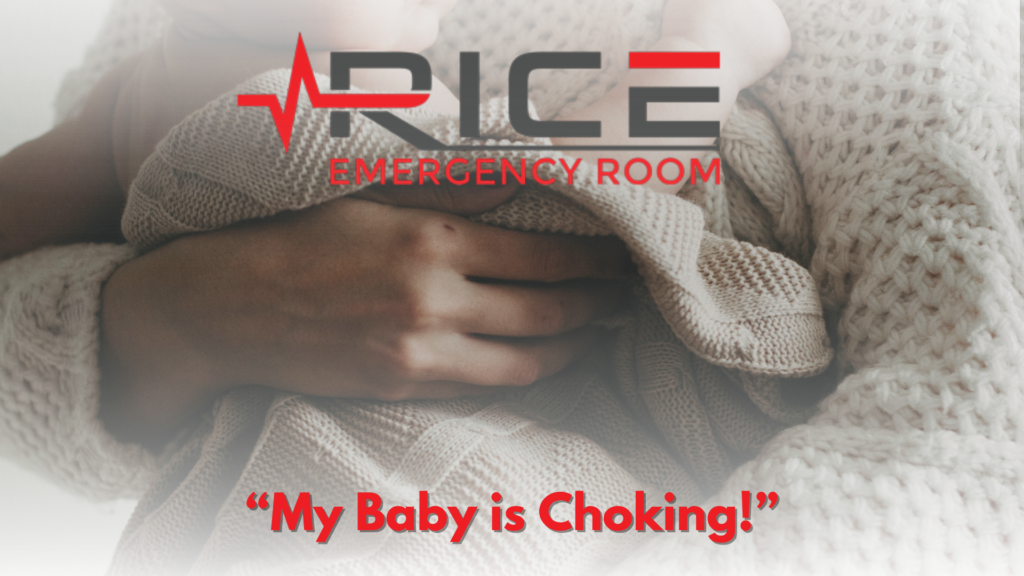As a parent, watching your child suffer from vomiting and diarrhea can be a distressing experience. While these symptoms are often caused by common viral infections or mild stomach bugs, there are times when they may signal a more serious issue. Understanding when to seek immediate medical attention is crucial for ensuring your child receives the care they need.
When is it time to go to the ER for a child’s vomiting?
Vomiting and diarrhea are the body’s natural responses to irritants or infections. For most children, these symptoms are temporary and manageable at home with plenty of fluids and rest. However, there are specific signs that indicate a need for urgent medical care:
- Severe Dehydration: One of the biggest concerns with vomiting and diarrhea is dehydration. Children can lose fluids rapidly, leading to dehydration, which can be dangerous if not addressed promptly. Signs of severe dehydration include dry mouth, sunken eyes, decreased urination, and lethargy. If your child exhibits these symptoms, seek medical help immediately (Mayo Clinic, 2023).
- Persistent Symptoms: If your child’s vomiting and diarrhea last more than 24 to 48 hours, it’s important to consult a healthcare provider. Extended symptoms could indicate a more serious underlying condition that requires professional evaluation (American Academy of Pediatrics, 2022).
- Blood in Vomit or Stool: The presence of blood in your child’s vomit or stool is a concerning sign. It could indicate gastrointestinal bleeding or a serious infection. Immediate medical evaluation is necessary to determine the cause and appropriate treatment (National Institute of Diabetes and Digestive and Kidney Diseases, 2021).
- High Fever: A fever accompanying vomiting and diarrhea can be a sign of a more severe infection. If your child’s fever exceeds 102°F (39°C) or persists despite fever-reducing medications, seek medical attention (Centers for Disease Control and Prevention, 2023).
- Severe Abdominal Pain: While mild stomach aches are common with gastrointestinal issues, severe or persistent abdominal pain could be a sign of appendicitis or other serious conditions. Don’t wait for the pain to worsen; contact a healthcare provider if the pain is intense or lasts for an extended period (Cleveland Clinic, 2022).
- Unresponsiveness or Extreme Irritability: If your child becomes unusually drowsy, unresponsive, or extremely irritable, it could be a sign of dehydration or a serious illness. This behavior warrants immediate medical evaluation (Johns Hopkins Medicine, 2023).
Pediatric Emergency Room Services
At Rice Emergency Room, we understand that dealing with a child’s medical emergency can be overwhelming. Our facility is staffed with Board Certified Emergency Physicians who are specially trained to handle pediatric emergencies with care and expertise.
We know that when children are not feeling well, the thought of waiting in a crowed hospital to see a doctor can discourage many worried caregivers. At Rice ER, we aim to decrease wait times for all of our patients. You can even check in online to expedite your visit.
Our pediatric suite is designed to create a sense of calm and trust for our young patients. The suite features child-friendly painted murals and engaging in-room activities that help comfort children during their visit. Our goal is to make the experience as soothing as possible, so both parents and children feel supported during a stressful time.
What to Expect During a Visit to our Pediatric ER
When you bring your child to Rice Emergency Room, our team will conduct a thorough evaluation to determine the cause of their symptoms. This may include physical exams, laboratory tests, and possibly imaging studies. We focus on addressing the underlying issue while providing supportive care to manage symptoms and ensure your child’s comfort.
Our approach combines medical expertise with compassionate care, ensuring that every child receives the attention they need to recover effectively. We also offer guidance on managing symptoms at home and when to seek follow-up care.
Vomiting and diarrhea in children can be distressing, but knowing when to seek emergency care can make a significant difference. Pay attention to signs of dehydration, persistent symptoms, blood in vomit or stool, high fever, severe abdominal pain, and changes in responsiveness. At Rice Emergency Room, we are dedicated to providing expert care in a child-friendly environment, ensuring that your child receives the best possible treatment during their medical emergency.
If you have concerns about your child’s health or need immediate assistance, don’t hesitate to contact us. We’re here to support you and provide the care your child needs.
Sources
American Academy of Pediatrics. Vomiting and Diarrhea in Children. 2022. AAP Website.
Centers for Disease Control and Prevention. Fever in Children. 2023. CDC Website.
Cleveland Clinic. Abdominal Pain in Children: When to Seek Medical Care. 2022. Cleveland Clinic Website.
Johns Hopkins Medicine. Signs of Dehydration in Children. 2023. Johns Hopkins Medicine Website.
Mayo Clinic. Dehydration in Children. 2023. Mayo Clinic Website.
National Institute of Diabetes and Digestive and Kidney Diseases. Gastrointestinal Bleeding in Children. 2021. NIDDK Website.




